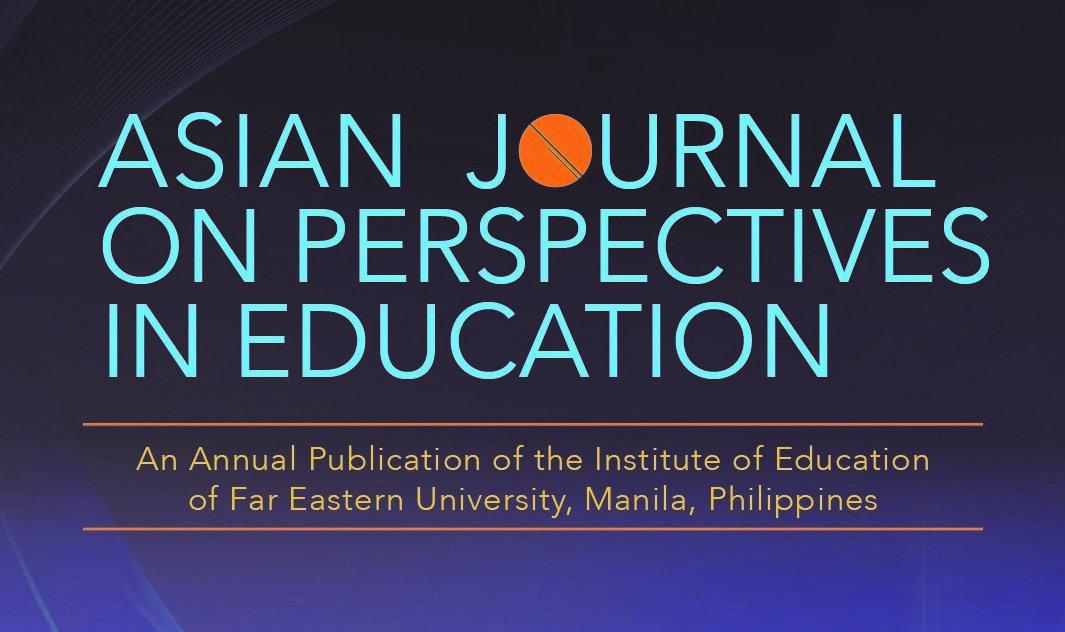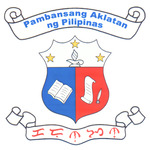Beliefs, Traditions and Cultural Practices in Folklores of Bula, Camarines Sur, Philippines: Basis for Contextualizing Instructional Materials in Teaching Language and Literature Jerald Alpe Bermas
Abstract
The study characterized folklores in Bula in the context of their beliefs, traditions, and cultural practices through responsive narrative interview and narrative analysis design. Qualitative content analysis and coding frames were employed to interpret and analyze the data. The folkloric narratives, gathered from four barangays, were classified into tales of fishers, legends of women warriors, and myths of supernatural beings. Furthermore, eleven folkloric narratives showed eight manifestations of beliefs, traditions, and cultural practices. Bula, one of the oldest towns in the Bicol Region, has rich arrays of beliefs, traits, customs, and cultural practices that have existed since time immemorial and are still present. The owing beliefs are the presence of lost souls, miraculous deeds of Patron
Saints, after death, curses, and misfortune for graduating students attending excursions, a celebration of the Feast of Saints; and saying “tabi apo, di makaigo” when passing by a river and a huge tree. In addition, there were six positive traits- patience, bravery, friendliness, generosity, religiosity, and assertiveness. And six negative traits- envy, impulsiveness, possessiveness, sentimental, greed, and fear. Lastly, this recommends
integrating folkloric narratives into the literature subjects of Camarines Sur School Division. These reveal the value system of the locale, an essential aspect of progress and developmen









